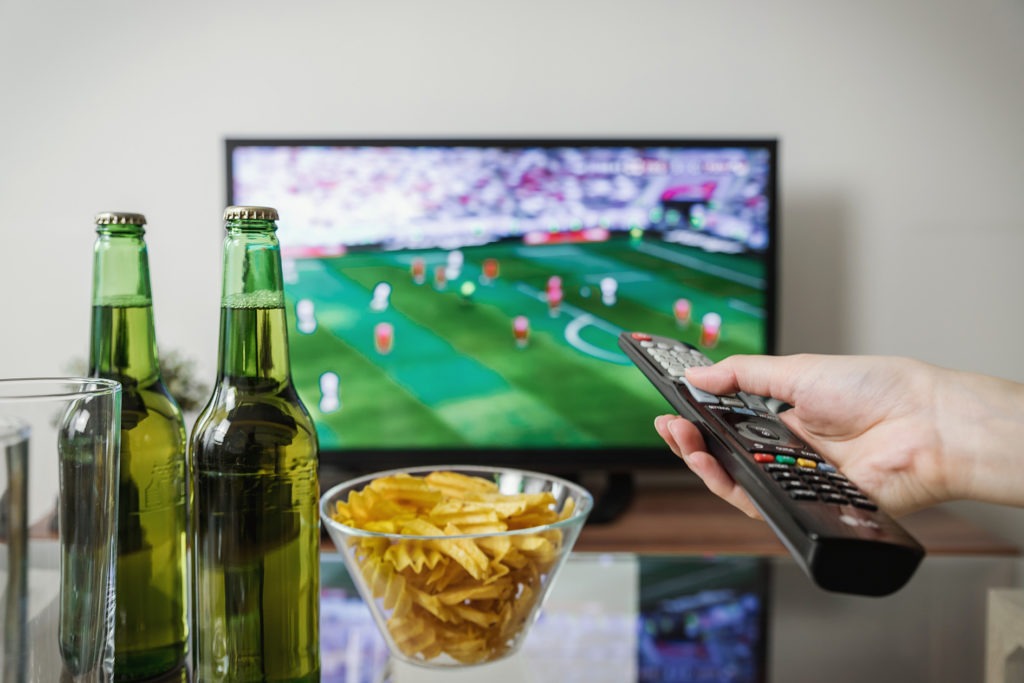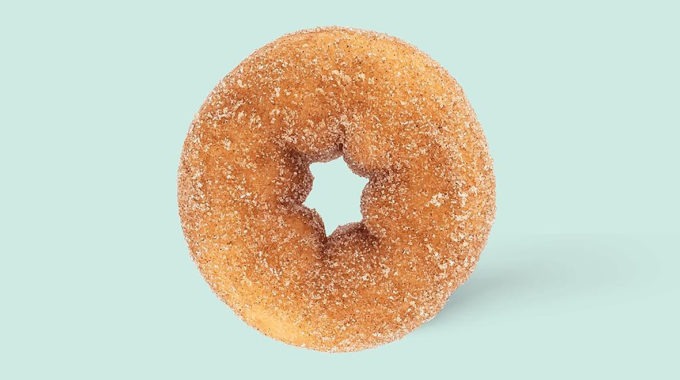Lockdown habits to kick and keep
As Melbourne finally emerges from a grinding lockdown, experts say that now is a good time to address any lingering bad habits that might have developed over those long and increasingly tedious months of being stuck at home.
After weeks of home delivered food and a wine time that got that little bit earlier each day, it’s likely that many Melburnians will have a few extra kilos to lose and a few bad habits to shake. While the initial announcement of zero new COVID-19 cases in Victoria prompted a rush on doughnuts (a doughnut representing a zero), after the sugar high wears off, Monash University behaviour experts suggest that people use the easing of Stage 4 restrictions as a fresh opportunity to change any unhealthy habits and focus on developing any good ones.
“The change in circumstances may be a disruption to our routines that we can leverage to either change our current behaviours or embed the ones we want to continue,” says Dr Breanna Wright, a Research Fellow at BehaviourWorks Australia, part of the Monash Sustainable Development Institute.
Research shows it takes about 66 days to establish a habit. And while bad habits are easier to adopt than good ones – because they favour short-term enjoyment over long-term outcomes – both have equal staying power once established.
“It may seem hard to believe, but good habits are as strong as bad ones,” Dr Wright says.

If you want to keep good habits after lockdown, it’s easier if the time and place remain constant. If that’s not possible, motivation and planning are key, Dr Wright says.
“Schedule a new time to do the behaviour or pair the behaviour with something you already do automatically,” she advises. “This will help re-embed it as part of your day. For example, if you want to develop a habit of stretching, then you’re better off stretching immediately after you get out of bed. Over time, stretching will become associated with the behaviour of getting out of bed and become automatic.”
When it comes to bad habits, removing the opportunity to engage in the behaviour is a good strategy. If iso-snacking is your vice, identify when this usually occurs and try to be out of the house doing another activity during this time, co-researcher Dr Fraser Tull says.
“Bad habits are likely to be more prevalent during lockdown than good habits,” he says. “The pandemic has created a lot of uncertainty, especially in Melbourne where people weren’t sure how long restrictions would last. This long-term uncertainty may have nudged people to focus more on short-term enjoyment.”









